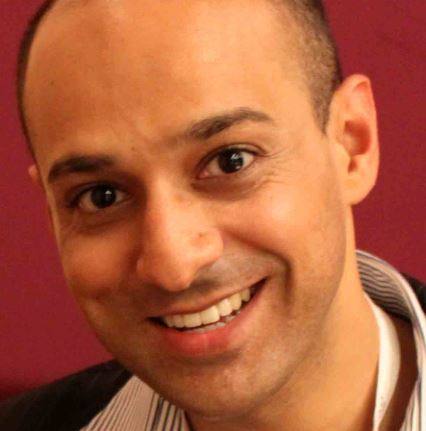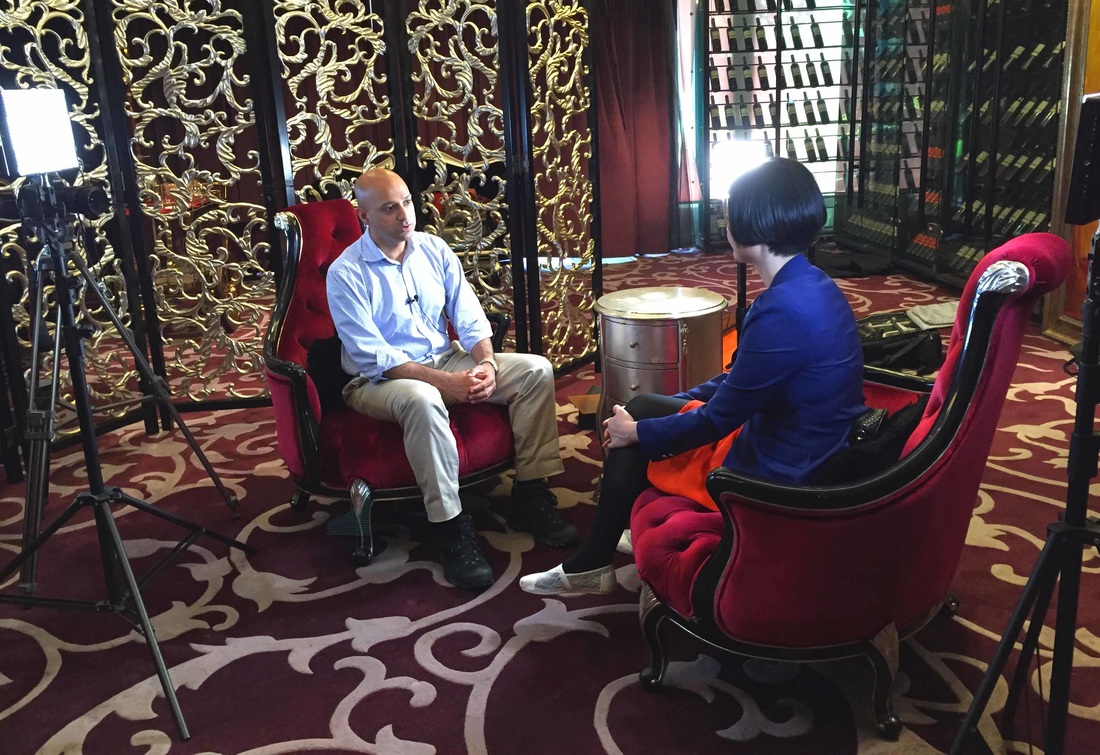|
Captain. Syed Bin Abdul Aziz A Rahman (former of Malaysia Airlines) brings this beauty back from Abu Dhabi on a fine crisp winter's day at Heathrow. Etihad Airways operates three daily flights between Abu Dhabi and London Heathrow.
On the 22nd of January 2013, the Commonwealth Journalists Association hosted a seminar held at Senate House, University of London on the issue of ‘China 2013 – what next?’
The Seminar, which was held in partnership with the Institute of Commonwealth Studies, was both topical and enormously engaging, and well received by the hundreds of specially invited guests in the audience. Humphrey Hawksley, the well known BBC foreign correspondent, author, and commentator on world affairs, chaired the seminar. On the discussion panel were Jonathan Fenby (respected writer and China expert), Carrie Gracie (BBC China correspondent), Rana Mitter (Professor of History and Politics of Modern China, Oxford University), Stephen Chan (Professor of International Relations, SOAS, University of London), and George Magnus (Senior Economic Adviser, and author of ‘Uprising: Will Emerging Markets Shape or Shake the World’s Economy?’) Deriving from their years of China experience, the five China experts shared their rich viewpoints on where China is going to be in 2013. Some of the key highlights of the evening included as follows: Senior Economic Advisor at UBS Investment Bank and highly sought after global economist, George Magnus outlined the dual challenges of China’s demographic and economic hurdles ahead. He specifically pointed out that, on the demographic side, China’s ageing population, these included a weaker savings base and older working population and, on the economic side, newer developments had to be found as the country has saturated the gains made from economic development areas of the past in areas such as construction and industry. He said that the Chinese economy is particularly important now as it has reached the end of extrapolation. He said China faces issues of discontinuity, making it hard to predict its growth into the future in a linear fashion. The GDP rate, which hovered around 10% through the 2000s was now dropping to about 5%. His main point was that China has worked hard in the first 30 years of reforms to match up with, and exceed, the economy of most countries, and now the challenge was on how to continue that growth while maintaining impeccable house-keeping issues within the country. Mr. Magnus pointed out that a new model needed to be invented in China to keep the country’s growth on track, maintain workable and sustainable relations with neighbours and maintaining internal stability. Carrie Gracie spoke about the role of Media in China and what 2013 looked like from the point of view of journalists. She said the communist party views media as an extremely potent tool and considers party strengthening to be the media’s role. Describing the transition period in China from the old administration to the new as tense and ‘febrile’ she emphasized the need to appreciate what direction the people were trying to push the country in. Ms. Gracie specifically highlighted the immense growth of China’s Twitter –Weibo – and other social media platforms had also empowered others outside the media, including businessmen, and how that is having an influence on the changes that are happening within the country’s social, cultural, and economic side. Ms. Gracie also pointed out how she has noticed changes that are happening in the rural areas of the country. A clear example of this has been illustrated by her annual visits to a village almost every year and meeting a local family, and seeing how that family and the people of that village have adapted to the changes around them in the decades that have gone past. Interesting contributions came from the highly respected British-Indian academic Rana Mitter, who spoke about China and her neighbors. Professor Mitter, who is the most senior British professor of Indian origin to have a strong expertise on China, was quick to spell out any indifference between China and her neighbors and stated that China was a very long way from the situation 70 years ago when East Asia erupted. In regards to India, Professor Mitter said it was not important to see who would win the race between the two countries for growth and power, but that China was way ahead of India as was reflected in GDP numbers, (China’s USD 8400 per capita to India’s USD 3500). When I asked him a question about what his thoughts were on the India-China economic race, Professor Mitter pointed out that during his recent visit to New Delhi he personally observed and experienced many differences between the two nations. He felt there was no particular race between India and China in any capacity (infrastructure being one of them was behind in India compared to China). Professor Stephen Chan, who has decades of experience on the African continent, and has seen tremendous change on the continent especially in the past decade. If there is one particular experienced British man who knows the African continent through the Chinese eyes, then it has to be Professor Chan. He noted that with all due respect that the Chinese have been trading with Africa since times in memorial, and likewise Africans have been trading with China for centuries. A clear example was provided of the Chinese city of Guangzhou, which is the main trading hub for China-Africa (Guangzhou has the largest African population in China), and also African countries such as Angola, Algeria, South Africa, Ethiopia, and Kenya that have large number of Chinese people. Though he wasn’t so sure as to why there are not many Chinese people in Mali. Professor Chan also pointed out that “The Chinese don’t know what they’re doing in Africa,” he told the discussion outlining the lack of solid reporting to Beijing from Africa. He added that Africa also had problems negotiating with the Chinese. Professor Chan spoke on China’s strategy and experience in Africa. As part of the closing remarks to summarise the discussion, one of the key points were made by Jonathan Fenby, who is one of the most respected and experienced experts on China, when he pointed out that China is a ‘normal country that is behaving normally economically’ in respects to the world’s presence. Mr. Fenby said that China is not going to ‘overtake the world’s economy, and nor is China going to be an influence on the global culture'. It’s a country that is behaving normally and on the right track of growth where it should be. Mr. Fenby also pointed out that one of the reasons why we are seeing such a rapid growth is because of the country’s practical and population size, which is an advantage for it to make full use of its resources. Following the discussion, there were a series of contributions from the floor including questions and comments from Chinese journalists based in the UK, Chinese students and Chinese Diaspora, and other experts and specialists who follow China’s developments (or those involved with China). It was fascinating and a privilege to listen to the insights provided by these top five China experts and I am sure it would be equally interesting to see where the world, and indeed China, will take us, going into the next decade. International markets are developing rapidly and changing substantially. Newly emerging markets continue to grow, despite the pressures on the global economy. Markets such as China, India, Russia, South Africa and South America are set to continue double-digit growth, and are looking to up-skill, including through formal global exchange programmes, as they seek to increase productivity and quality. A full transcript of the talk can be read at http: //www.cja-uk.org/2013/02/2317/ -Navjot Singh LONDON (U.K.): For the past four years I have celebrated Christmas and the New Year in mainland China, where it does not really feel like Christmas (except in Hong Kong & Macau), and the Western New Year is not celebrated with the same song and dance as in the rest of the word (again...except only in Hong Kong, and more recently in Shanghai and Beijing). Last year I was in Suzhou (China), where there was not a whisker in sight to be seen at the stroke of midnight on the 31st December 2011. So this year was a special one as I celebrated the New Year festivities with my parents in London.
At the stroke of the first chime of midnight from Big Ben, amid miserably cold, and rainy skies, around 250,000 brave people were treated to a spectacular display of bright colourful fireworks that lit up the dull London sky. As 2012 was being concluded with slow-motioned fireworks that were erupting away in front of my eyes, there must have been a myriad of thoughts that went through my head at the same time. There were reflections of how 2012 had gone, and also thoughts on how 2013 can be a more productive year ahead. Some people have reflected that a certain optimistic future is in sight for the world, especially after the economic financial crisis in 2008. But in the reality of the times, let us not forget those individuals who are still suffering from the global economic crises, and still have no jobs. The world is still going through a difficult time financially. Companies are limiting as much as they can on their expenditure. I personally believe that 2013 would be a continuation of an effort to make the world a better, safer, and more friendlier place to live in for everyone. Most of this contributes to whatever happened in 2012, especially with all the stories exposed by the media (i.e. the scandals in the banks, terrorists, radical Islamists', Right-Wing British racists like the EDL and BNP, the hacking by newspapers, the shameful/disgraceful episode of the BBC where they had child abusers and serious sex offenders employed as DJs and journalists for so many years, the rape cases in India, and other stories that were thankfully brought to the public's attention). In regards to the BBC, anyone with a right frame of mine is furious and completely lost as to why the horrible acts were allowed to happen at BBC studios for many years by some really vile and disgusting humans who disguised themselves as being superstars (Jimmy Savile, Stuart Hall, and many others). The question here is, how many more idiots like that are working for the BBC? Who else are they protecting? We need to smoke em' out of their caves, and name & shame them. And more importantly, if this can happen at a respected company like the BBC, then what about other institutions? I know that the media has been blamed sometimes, but on the whole the effect from the media's influence on people and governments can bring about a positive change and a good result for humankind. Though, the key question here is, whether 2013 will be the year that will take us all out of this global economic financial crisis? Most people think not (realistically...we may be looking at 2018!). Time will tell...and we shall see. |
Get in Touch:LIFE MATTERSHere I share my thoughts
and experiences during my travels, and how some things have affected my life as an expat and world traveller. Travelling is about capturing that moment in life. Every word, view and opinion on this page is that of Navjot Singh - except where indicated. The most recent is at the top. Scroll down to read the archive. Or search using CTRL+F (COMMAND + F) and enter a keyword to search the page. Just some of the stories you never heard before. The NAVJOT-SINGH.COM web blog is separate to this web site....Click blog, which may not be visible in some countries due to local firewall restrictions, so in those cases this weblog may be read. The weblog also includes some of my press trip reports- most of which are not published on the official blog because of copyright issues. The weblog also contains articles that may be associated directly with a PR trip for a country, airline or a hotel. These are PR reviews done in relations with various companies. If you are an investor or a trend watcher then you may find this website useful as investing has a lot to do with personal observations and finding the ideal trend or next big thing. The average human on the street frequently knows far more about the state of the economy than politicians, university professors, subject matter experts, and financial analysts who seldom travel, or if they do so, only from one hotel to another hotel! The pulse and vibrancy of an economy is nowhere more visible than on a country's streets. All photos and words are © Navjot Singh unless stated. Photos taken by others or by agencies are appropriately copyrighted under the respective name. No photo or word/s may be taken without the prior written permission by the author (i.e. Navjot Singh). All Rights Reserved. Archives
April 2024
Categories
All
|

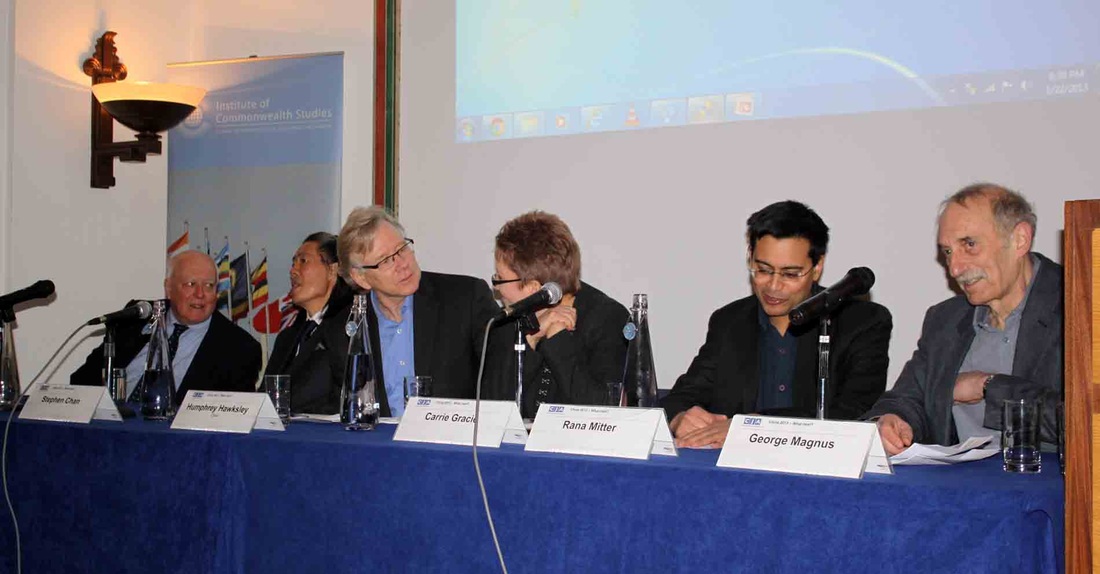
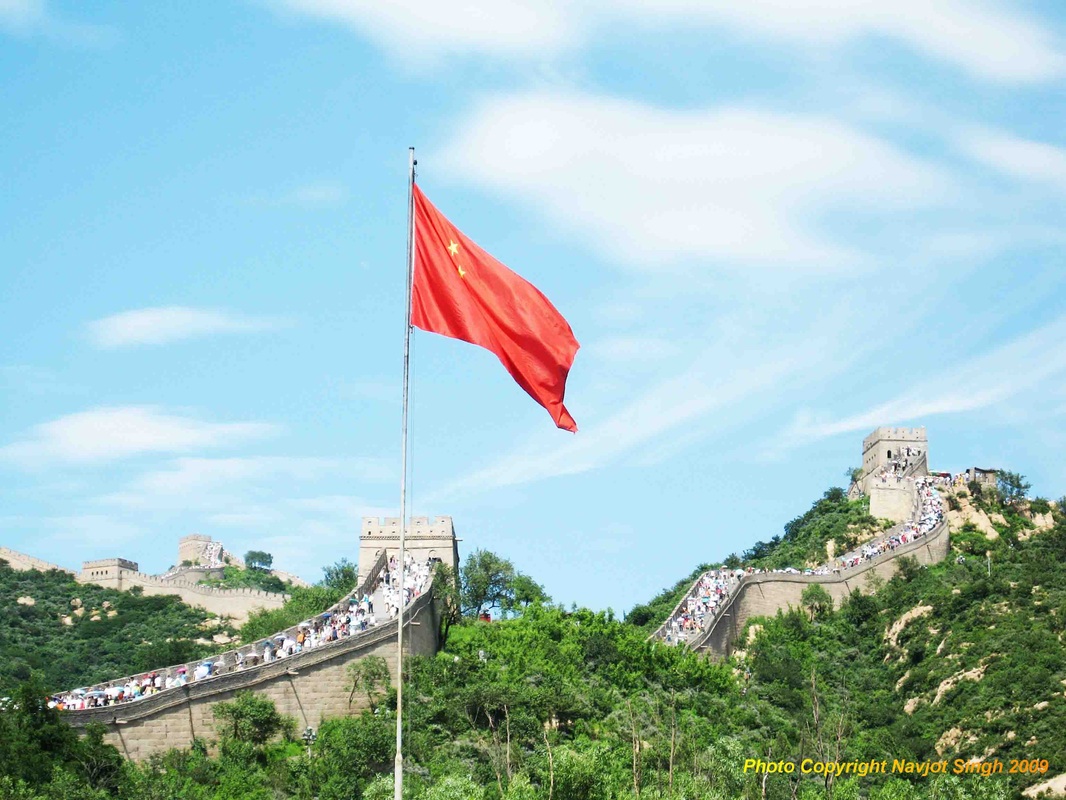
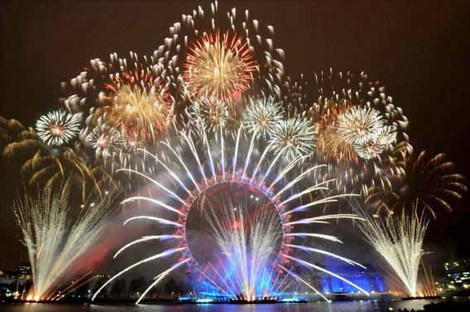
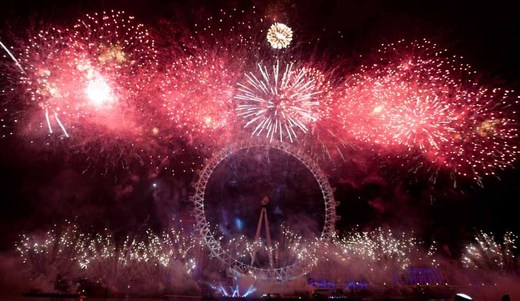
 RSS Feed
RSS Feed






